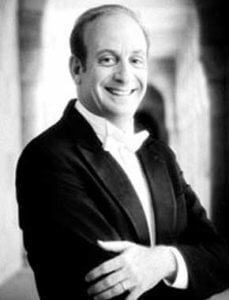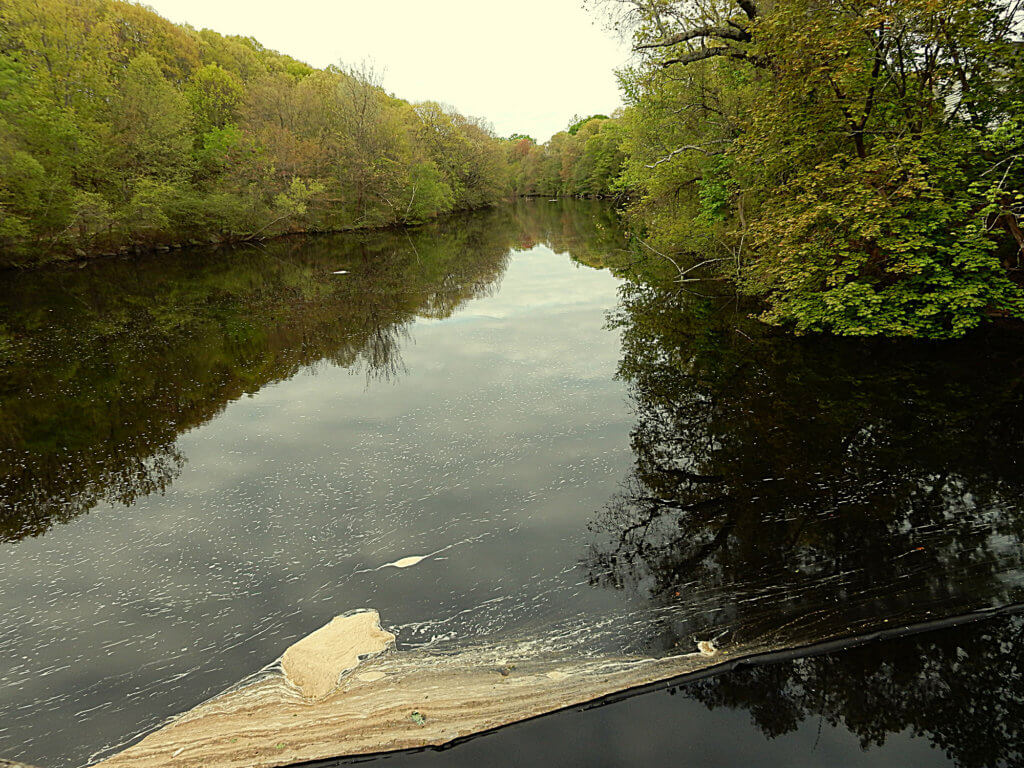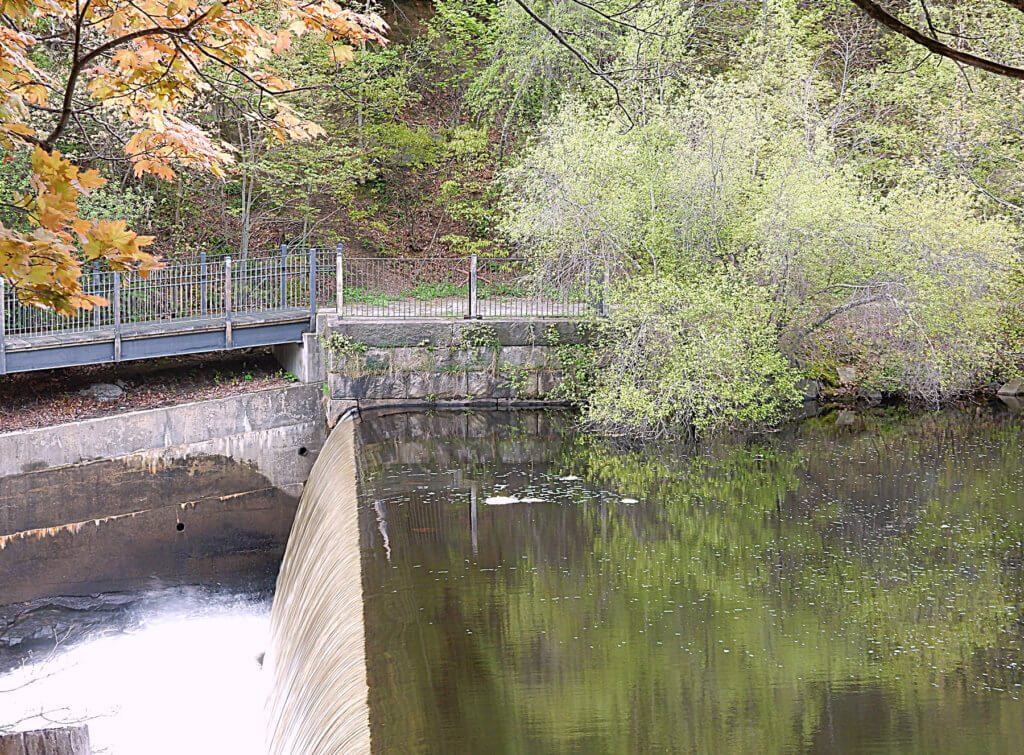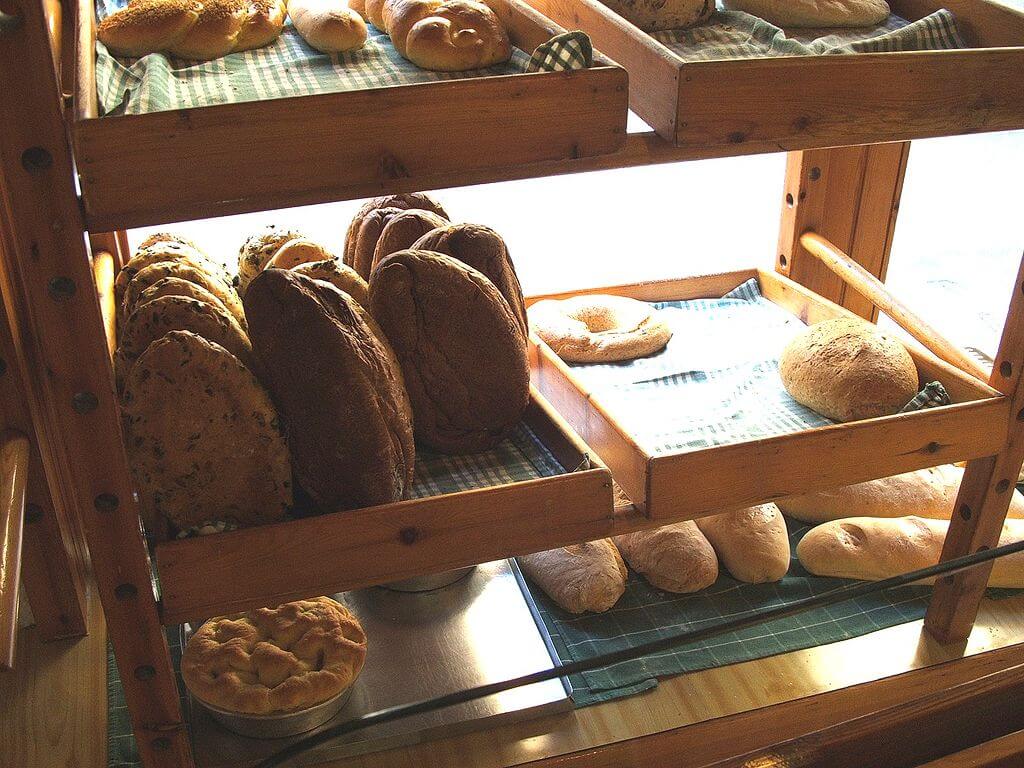By Linda Gasparello
I’ve always associated cities with bread. Boston, south of which I was raised, I associate with oatmeal bread. Washington, D.C., where I spent most of my life, I associate with white bread — the Wonder kind.
New York, where I lived for a few years, I associate with seeded rye bread. If you said “New York” to me, I’d think of the malty, sour taste of the rye flour, the slight licorice flavor of the caraway seeds and the fight my teeth would have with the crust. Seeded rye bread is assertive, like New York.
My husband, Llewellyn King, and I have lived in Rhode Island for nearly five years. But I don’t yet associate a bread with Providence. This is curious because the city abounds with artisan and ethnic bread bakeries, especially Italian and Portuguese.
What’s really curious is that restaurants in Providence and around the state don’t routinely bring you bread at some point between sitting down and getting your food.
Restaurants serve bread for a number of reasons. Here are two: Traditionally, serving bread has been a way to welcome guests; and practically, a basket of bread or a small loaf keeps guests happy before the food arrives.
When the poet Omar Khayyam said ecstatically, “A jug of wine, a loaf of bread – and thou,” he was sitting beneath a bough with his beloved, reading a book of verses. Just think, if the 11th-century lovers were alive today, they’d be sitting in a Persian restaurant (alas, there isn’t one in Providence), reading their menus and eating nan-e barbari, a flatbread with pillowy ridges.
I could associate Providence with a flatbread that is ubiquitous in the city: pizza. Providence is a welcoming city. It’s not a stretch to associate pizza with the share-a-slice-with-us welcome that my husband and I have gotten from the city.
It’s Comedy and a Concert Tonight!
 Last October, I was introduced to the Rhode Island Philharmonic Orchestra by a friend who sings with the Providence Singers. Under the superb direction of guest conductor Bramwell Tovey, the orchestra and singers performed Mozart’s “Requiem Mass in D Minor” on Oct. 15.
Last October, I was introduced to the Rhode Island Philharmonic Orchestra by a friend who sings with the Providence Singers. Under the superb direction of guest conductor Bramwell Tovey, the orchestra and singers performed Mozart’s “Requiem Mass in D Minor” on Oct. 15.
Before stepping onto the podium, Tovey told the bizarre story of how Mozart got a commission from a court intermediary to write a piece commemorating the death of Count Franz von Walsegg’s young wife, Anna, which the pretentious count could pass off as his own. The musical heavyweight died, at 35, while writing the requiem.
Tovey’s lecture came as a surprise to me. Conductors, in my symphonic concert-going experience, never spoke and carried a small stick. My friend told me that the orchestra’s musical director, Larry Rachleff, loved to talk to the audience: It was his schtick.
For 21 seasons, until his retirement from the orchestra on May 6, Rachleff often gave short lectures before he lifted his baton. He is a noted music educator, and currently holds the Walter Chris Hubert Chair at Rice University’s Shepherd School of Music in Houston, where he lives with his wife, mezzo soprano Susan Lorette Dunn, and their young son, Sam.
Rachleff is also a skilled standup comedian, as I found out during his farewell concert on May 6.
The performance of the second piece he chose, Joseph Canteloube’s “Songs of the Auvergne,” was delayed to deal with an offstage problem with the soloist’s – his wife Susan – gown. For about 15 minutes, Rachleff summoned all his comedic talents: He told a story about how his family had encountered a naked woman in a lobby of a hotel in Geneva. When someone walked onstage with his score, he joked, “Usually the librarian hands me the score, but tonight she must be otherwise engaged.”
His adoring audience laughed, and they cried when he took his final bow.
Cry Me a River
“In rivers, the water that you touch is the last of what has passed and the first of that which comes; so with present time,” said Leonardo da Vinci.
For nearly a week, if you dipped your hand into the Pawtuxet River at Riverpoint in West Warwick, R.I., you’d touch mounds of filthy foam and pieces of white styrofoam blocks.
From morning till night, I watched this dreck float down the river, collect on the banks and cascade over the dam. I watched pairs of mallard ducks and flocks of geese wading in the smelly suds trapped in the shrubs on both banks. I watched cardinals and other birds, that usually stop for a bite at my neighbor’s porch feeder, pick at the styrofoam icebergs and carry off pieces, presumably to their nests in the wooded banks.
I took pictures and reported this to Anna Cole, a technical staff assistant at the state’s Department of Environmental Management. She dispatched Robert Fritsche, an environmental scientist the department’s Bureau of Environmental Protection, Office of Compliance and Inspection, with impressive speed.
My husband has praised Rhode Island’s beauty in columns in The Providence Journal, on our television program, “White House Chronicle,” and on Rhode Island Public Radio. Now I praise the government for taking the preservation of that beauty seriously.


Above: Pawtuxet River at Riverpoint in West Warwick, R.I., Photos by Linda Gasparello.

 Follow
Follow
Leave a Reply